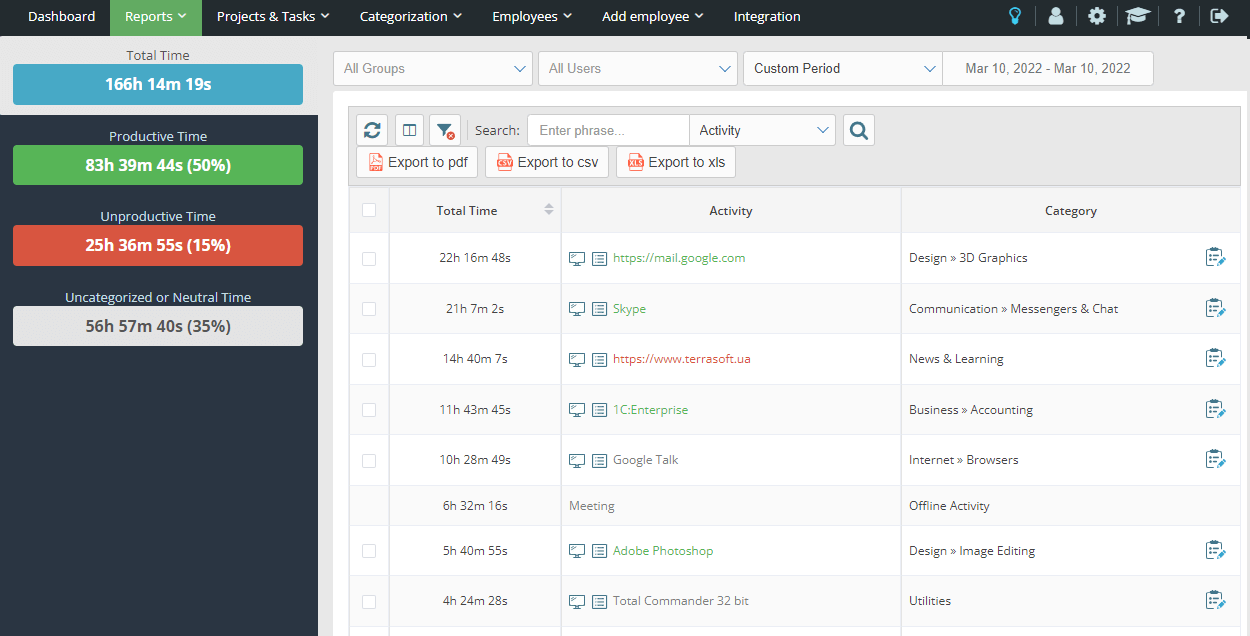The workplace is evolving, and one of the key drivers of this transformation is Zillennials—the older segment of Gen Z, aged 15 to 25. Unlike previous generations, they enter the workforce with different expectations, prioritizing flexibility, digital efficiency, and work-life balance. For businesses, understanding these shifts is essential to staying competitive and attracting top talent.
What Makes Zillennials Different?
Zillennials have grown up in a world where technology is seamlessly integrated into daily life. They are digital-first employees, expecting workplaces to adopt automation, AI-powered tools, and real-time performance tracking. Unlike traditional work models that focus on hours spent in the office, they prioritize output, efficiency, and job satisfaction.
Employers that fail to adapt risk losing these highly skilled professionals to more forward-thinking companies. Businesses that invest in modern productivity tools and transparent work environments will have a significant advantage in retaining Zillennial talent.
How Businesses Can Adapt to the New Workforce
Companies looking to attract and engage Zillennials must rethink their approach to work. There are four key strategies that can help:
- Flexible work arrangements allow employees to choose where and how they work best, leading to improved satisfaction and productivity.
- Tech-driven productivity ensures that manual and repetitive tasks are minimized, enabling employees to focus on more meaningful work.
- Transparent performance tracking helps create a culture of trust and accountability, where employees understand expectations and receive regular feedback.
- Purpose-driven work culture makes employees feel connected to their company’s values, increasing motivation and long-term engagement.
By focusing on these strategies, businesses can create a workplace that aligns with the needs of Zillennials while also improving overall efficiency and morale.
The Role of Time Tracking in a Modern Workplace
Zillennials value autonomy but also appreciate structured workflows that help them manage their time efficiently. Businesses that introduce time tracking software can enhance productivity while ensuring employees maintain a healthy work-life balance.

A smart time tracker helps businesses:
- Monitor work hours without micromanagement, allowing employees to stay productive without unnecessary pressure.
- Provide data-driven insights for better workload distribution, helping teams work more effectively.
- Improve payroll accuracy and project budgeting by ensuring that billable hours are recorded precisely.
- Boost employee engagement through fair and transparent evaluations, leading to a more motivated workforce.
Time tracking tools help companies balance efficiency with employee well-being, ensuring that productivity remains high without causing burnout.
Future-Proofing Your Workforce Strategy
Workplace expectations will continue to evolve. Companies that integrate AI-powered analytics, automation, and continuous learning opportunities will remain attractive to Zillennials and future generations. Investing in productivity-enhancing digital tools ensures that businesses stay ahead in a rapidly changing market.
Test a Time Tracker and Optimize Your Workflow
If you want to create an efficient, flexible, and transparent work environment, implementing a time tracker is a great place to start. Try a time tracker online today and discover how it can help your team stay productive while maintaining a better work-life balance.

